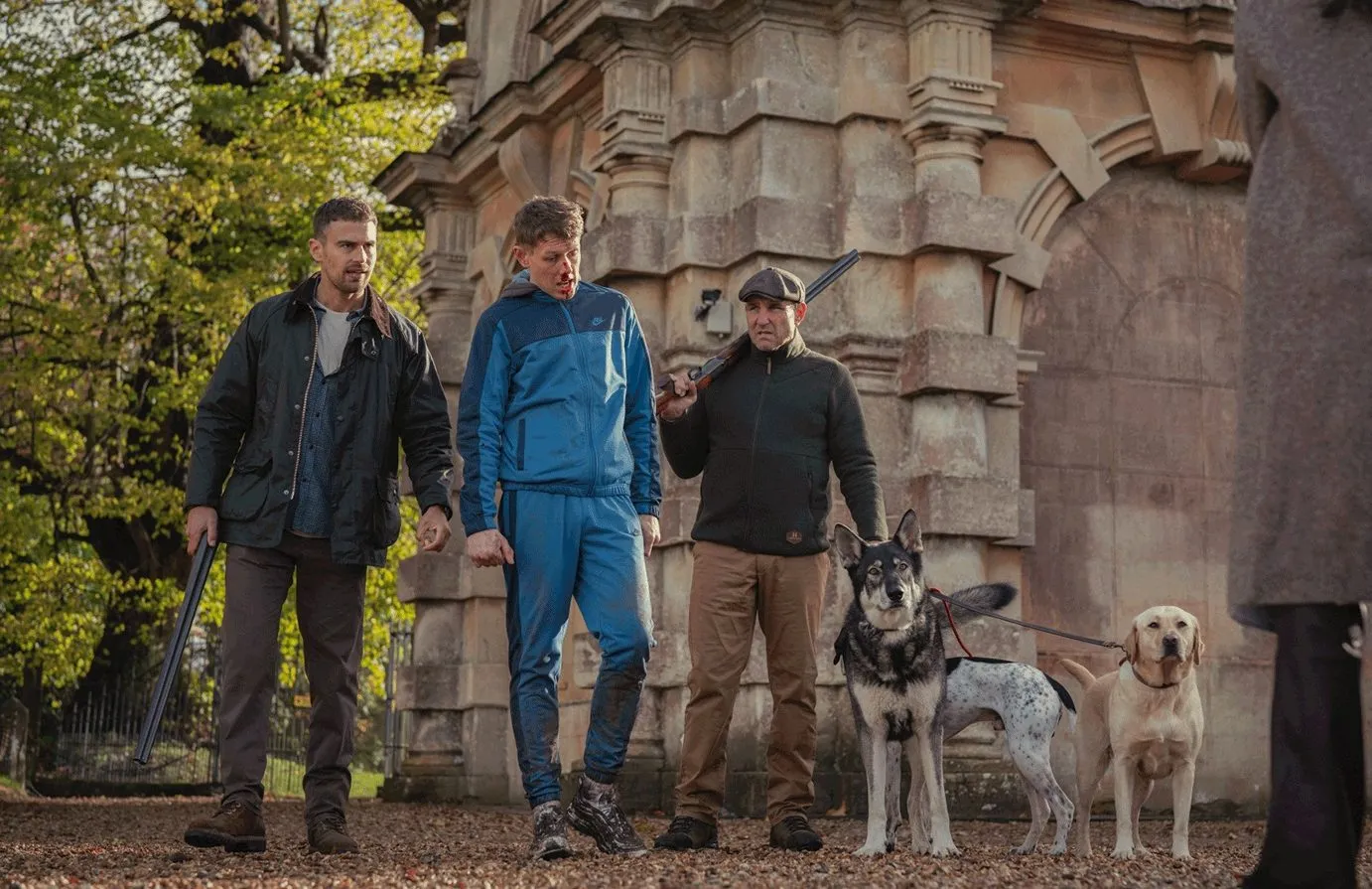Before Taika Waititi achieved his current state of half-ironic, half-irritating ubiquity, he made small, often brilliant films. One of the most notable ones was the 2014 New Zealand comedy horror picture What We Do in the Shadows, which he co-created and co-directed with Flight of the Conchords star Jemaine Clement. Horror comedies are notoriously tricky to get right tonally, but the film — which admittedly leant far more heavily on the comedic aspects — was a modest box-office hit and became yet another step on Waititi’s stroll to Hollywood dominance. Yet five years later, Clement decided that the film should be adapted for a television series, taking the original’s mixture of laughs and gore and translating it to the adventures of three dysfunctional old-school vampires, a so-called “energy vampire” and a hapless human familiar, Guillermo.
It sounded like a niche concern, all the more so because it would air on FX — no network channel would touch its mixture of violence, swearing and often outré sexual content — but its fifth season has now premiered to acclaim, with a sixth already commissioned. At a time when many television comedies are either well past their sell-by date (hello, Always Sunny) or fail to attract sufficient audience interest to last beyond a series or two, Shadows’s longevity is both remarkable and something to be celebrated. Yet even as Waititi and, increasingly, Clement take a back seat to the work of other writers and directors — most episodes are now directed by either Kyle Newacheck or Yana Gorskaya, and the writers’ room includes Paul Simms, Marika Sawyer and Frasier writers and producers Sam Johnson and Chris Marcil — it has developed into a creation entirely of its own. It is related to but distinct from the film, and has a unique mixture of dark sensibilities and off-color jokes that mark it out in the often identikit world of television comedy.
The three central characters — ancient, terrifying but oddly petty vampire Nandor (Kayvan Novak), blustering blowhard Laszlo (Matt Berry) and would-be seductive Nadja (Natasia Demetriou) — are all played by British actors, who give the show a welcome (and, dare I say, often un-American) shot of ironic flair. Berry in particular is a constant joy; British audiences have known him for years as a range of larger-than-life comic characters, including the absurd failed actor Stephen Toast, but Shadows has proved his long-deserved American breakthrough. He has established Laszlo as a licentious, deeply absurd character, whose obsession with sex and erotica is only equaled by his disappearing into the ether with a cry of “Bat!” And then of course there is Colin Robinson, the most boring man (or vampire) in the world, who literally sucks the energy from his victims by being tedious beyond belief; somehow, Mark Proksch manages to keep him funny, rather than irritating.
Yet the heart of the show for many is the relationship between Nandor and Guillermo, who, as played by Harvey Guillén, is shown as both literally and metaphorically closeted, to say nothing of his discovering that he is a descendant of Dracula’s nemesis Abraham van Helsing, and consequently deeply skilled at killing vampires. When Guillermo finally comes out as gay in the fourth season episode “Pine Barrens,” it is to a remarkable lack of judgment from the vampires — the levels of dark humor do not preclude the show from being as socially conscious as you might expect. The opening to the fifth season, in which he has finally been turned into a vampire, as he has wished for since the first series, but in a deeply half-hearted way, is played for both laughs and poignancy.
The show has always had a hip cachet, and has attracted an above-average range of special guests; Tilda Swinton cameoed in the first series, playing a fictionalized version of herself as the leader of the Vampiric Council, and the none-more-stylish Sofia Coppola and Jim Jarmusch gave their imprimaturs to the fourth series with brief appearances as themselves. Yet for the relatively small but consistently loyal fanbase who will be watching the new season as religiously as they have the previous four, it is the characters at the show’s black, absurd heart that make it unmissable and hugely entertaining viewing. A guest character remarks at one stage “You people are as much fun as the plague. Remember the plague? And how much fun it was? That’s this.” He is, happy to report, wrong. Long may this glorious, absurd show continue.





















